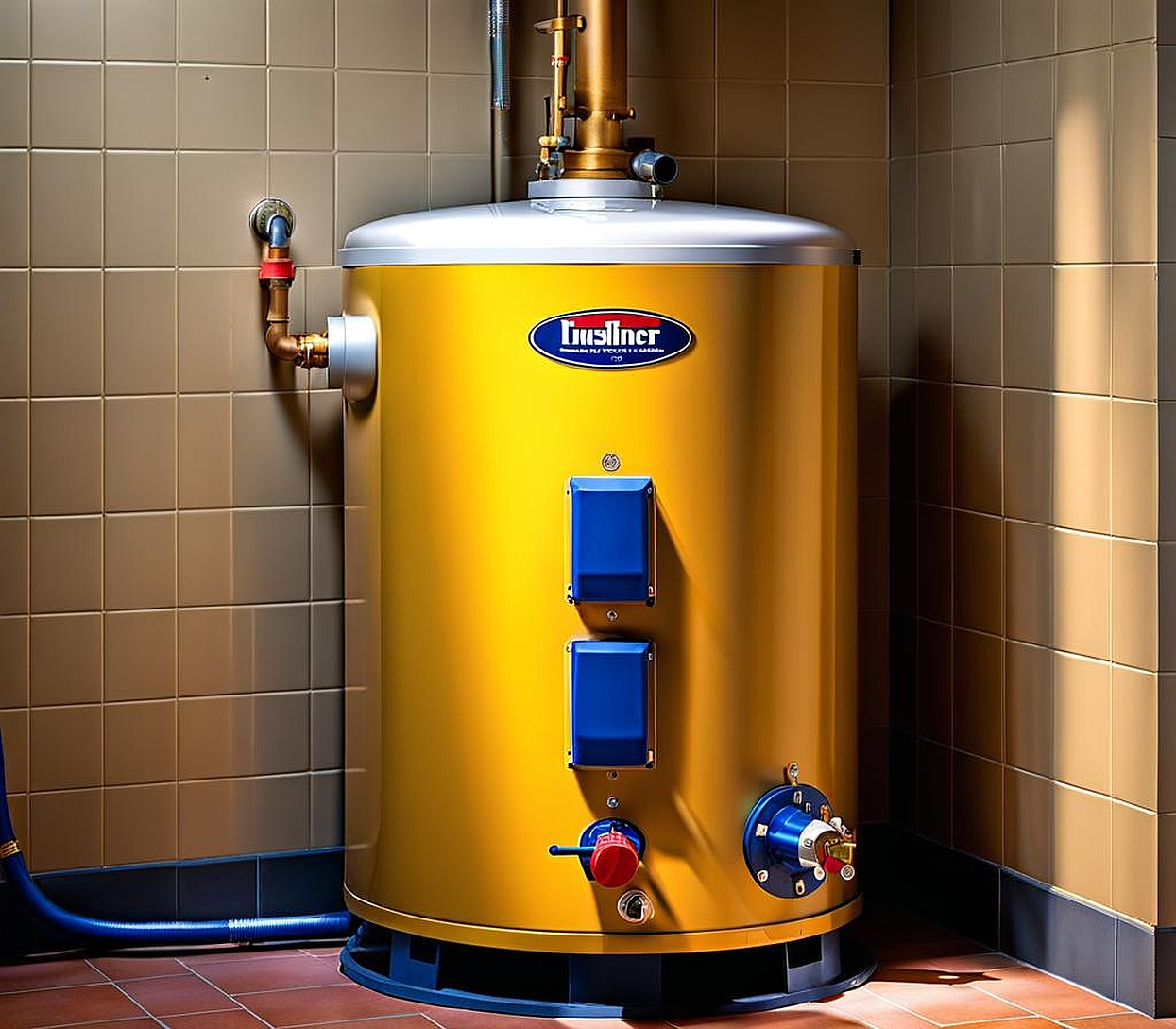Maintaining and operating gas water heaters can be a daunting task, but knowing how to turn off gas water heater properly is an essential skill for every homeowner. Whether you’re preparing for maintenance, renovations, or addressing safety concerns, understanding the process can help prevent accidents and ensure a smooth transition.
Why You Might Need to Turn Off Your Gas Water Heater
There are several reasons why you may need to turn off your gas water heater. One common scenario is when you’re planning for maintenance or repairs. Regular servicing ensures optimal performance and longevity, and turning off the unit is a crucial first step. Additionally, if you’re undertaking home renovations or remodeling projects, particularly those involving plumbing or gas lines, you’ll need to deactivate the water heater for safety purposes.
Another important situation where turning off the gas water heater is necessary is when you’re moving or replacing the unit itself. This process requires disconnecting the gas and water lines, as well as properly draining the tank. Failing to turn off the water heater in such cases can lead to gas leaks, water damage, or even explosions.
Finally, if you suspect a gas leak or any other safety concern related to your water heater, it’s imperative to turn it off immediately. Gas leaks can be extremely dangerous, and prompt action is required to mitigate potential risks and protect your home and family.
Preparation Before Turning Off the Gas Water Heater
Before you begin the process of turning off your gas water heater, it’s essential to take a few preparatory steps. First, locate the gas control valve and the water heater shut-off valves. These valves are typically located near the unit itself and control the flow of gas and water to the heater.

Next, gather any necessary tools you might need, such as a wrench or a screwdriver. While the process itself is relatively straightforward, having the right tools on hand can make it easier and more efficient.
Once you have the necessary tools, turn off the gas supply to the water heater. This is typically done by rotating the gas control valve to the “off” or “closed” position. It’s crucial to ensure that the gas supply is completely shut off before proceeding to the next step.
Finally, allow the water heater tank to cool down completely. This step is essential for safety reasons, as attempting to work on a hot water heater can lead to burns or other injuries.
Step-by-Step Instructions for Turning Off a Gas Water Heater
With the necessary preparations in place, you can now proceed to turn off your gas water heater. Follow these step-by-step instructions carefully:
- Shut off the gas supply to the water heater by turning the gas control valve to the “off” or “closed” position.
- Locate the gas control valve on the water heater itself. This valve typically has settings like “On,” “Off,” and “Pilot.”
- Turn the gas control valve to the “Pilot” position. This will allow the pilot light to extinguish safely.
- Wait several minutes for the pilot light to go out completely. You may hear a slight hissing sound as the gas dissipates.
- Once the pilot light is out, turn the gas control valve to the “Off” position. This will ensure that no more gas is flowing to the water heater.
- Locate the water supply line to the water heater and turn off the water supply by rotating the shut-off valve to the “closed” position.
- If you need to drain the water heater tank, locate the drain valve near the bottom of the unit and open it to allow the water to drain out.
By following these steps carefully, you’ve successfully turned off your gas water heater, ensuring it is safe and ready for any necessary maintenance, repairs, or replacements.
While turning off a gas water heater is generally a safe process when done correctly, it’s essential to take proper safety precautions. First and foremost, ensure that the area around the water heater is well-ventilated. Gas leaks can quickly lead to dangerous situations, so opening windows or turning on fans can help mitigate potential risks.
Before and after turning off the unit, check for any signs of gas leaks, such as a rotten egg smell or hissing sounds. If you suspect a leak, immediately evacuate the area and contact a professional for assistance.
Additionally, it’s crucial to follow the manufacturer’s instructions carefully. While the general process may be similar across different models, each water heater may have specific guidelines or recommendations from the manufacturer.
If at any point you feel unsure or uncomfortable with the process, it’s always best to hire a professional plumber or technician. They have the expertise and experience to handle gas water heaters safely and efficiently, ensuring the job is done correctly.
By taking the necessary precautions and following proper safety protocols, you can turn off your gas water heater with confidence, paving the way for successful maintenance, renovations, or replacements.